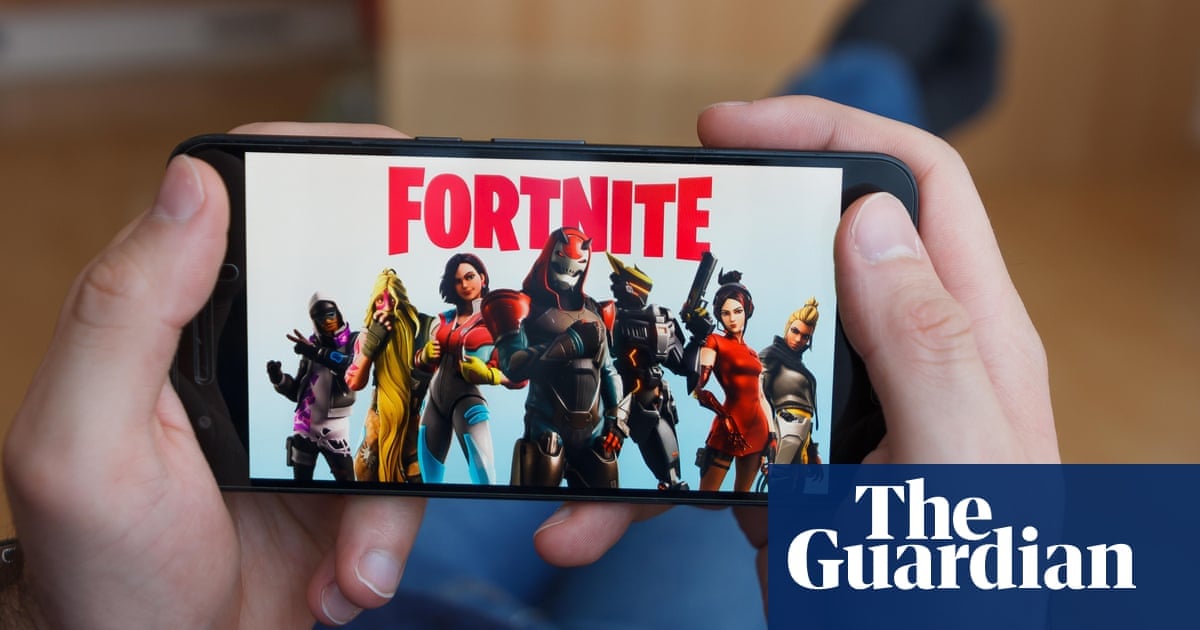- cross-posted to:
- games@sh.itjust.works
- cross-posted to:
- games@sh.itjust.works
“Google has taken great pains to appear more open than Apple, licensing the Android operating system to third parties like Samsung and allowing users to install apps via other methods than the Play store. Apple does neither. When it comes to exclusivity, Apple has become synonymous with “walled garden” in the public imagination. So why did a jury find that Google held a monopoly but Apple didn’t?”



I also would point out that Google and Apple sells very different things. Apple does not sell iOS. It sells hardware to customers and the right to access users through this hardware to third parties (game makers). Google’s product to begin with is software (Operating System) on multiple phone platforms. Different laws and rules may apply there.
Apple definitely sells the OS. That’s one of the main selling points and part of why their hardware is stupid expensive.
Although ironically, the OS software itself is free to end users, as are future upgrades.
Google also sells hardware, e.g. in its Pixel line, and there too the OS software is “free”, as are future upgrades, up to a point.
Both sell listings in their respective stores.
These concepts are getting murkier over time.
I recall paying for an iPhoneOS update, Looks like it was iPhoneOS 2 or 3 from the first paragraph. I can’t speak for anything else in the article, however.
Yeah, I’d have paid $10 just for copy/paste functionality on early ios, but I don’t remember paying for anything when it came out on iOS 3
Yeah, but nowadays it’s all “free” - as in you only pay for the hardware to enter their walled garden (but then no matter how much you pay, you can never really leave! at least not via normal, legal means, if you want to ever come back - Welcome to the Hotel California 🎶…!:-P).
Coincidentally, Apple is headquartered in California…
Selling point is not the same as sales.
Android is free tho?
You do not pay, but Google does collect money one way or another. Regardless, it is their product, which is different from iPhone being a product.